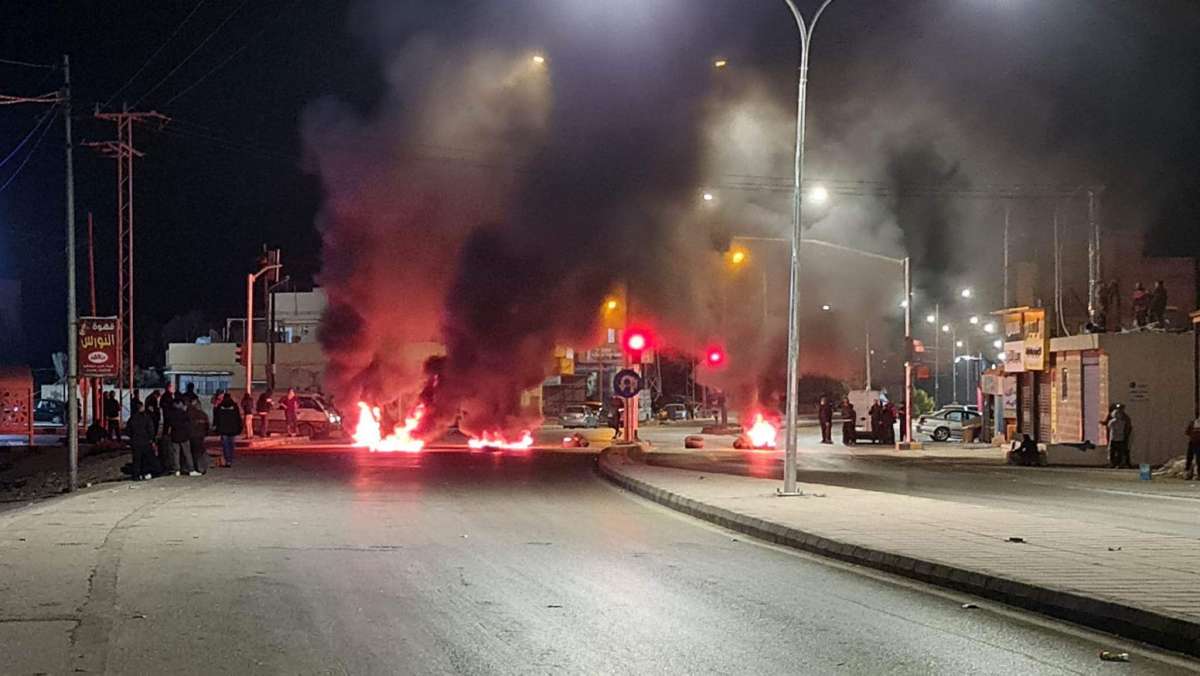Late on December 15, a senior officer of the Jordanian Police was killed during clashes with demonstrators in the southern city of Maan amid protests over high fuel prices that spread to several cities across the kingdom.
In a statement, the police said Colonel Abdul Razzaq Al Dalabeh, the deputy director of Maan’s police force, was shot in the head while dealing with “rioting” by a group of “vandals and outlaws” in the city. Two other officers were also wounded during the protests.
“We will strike with an iron fist anyone who attempts to attack the lives and public property or threaten the security of the homeland and its citizens,” police said.
“Will not allow criminals and vandals to exploit this circumstance to harm the lives of citizens and terrorize them.”
An earlier statement by the police said that the officer was shot by unidentified assailants during clashes in the Husseiniya area in Maan.
Lorry and public transport drivers have been on a strike to protest against low wages and a sharp increase in fuel prices since early December.
Earlier this week, the Bus Owners’ Association and the Transport Services and Taxi Owners’ Union reached an agreement to end their strike after the government agreed to provide cash subsidies. However, clashes between civilians and security forces continued in Maan, Zarqa, Irbid and other parts of Jordan.
In the capital, Amman, people took to the street in the district of Tafiyla on December 15. The protestors burnt tires on a key highway connecting Amman and the Dead Sea. Chants against the government and even King Abdullah II bin Al-Hussein were heard.
The United States embassy in Amman issued a security alert over the situation in the kingdom, saying government personnel had been restricted from personal and official travel to southern Jordan.
The Jordanian government has promised to look into the strikers’ demands. In an interview on Jordan’s state television on December 15, Minister of State for Media Affairs Faisal Shboul said that dialogue with the striking parties was ongoing, with the government having offered them “solutions that fulfil many of their demands.” Nevertheless, he warned that the current situation is negatively affected “economic life in this country.”
The government has already paid $700 million to cap fuel price hikes in Jordan this year. Its inability to further support fuel prices could lead to more protests and escalation in the kingdom.






